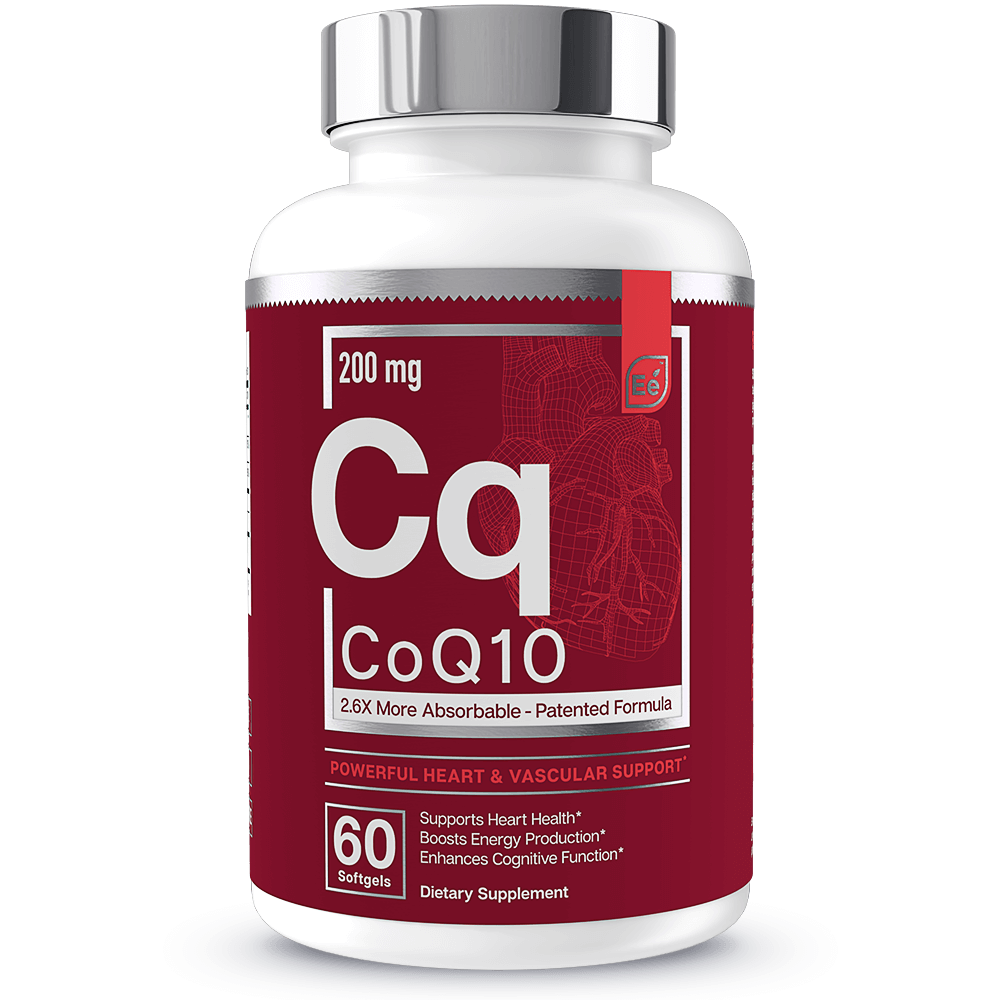Blood Clot Curcumin Treatment: Is Turmeric a Natural Blood Thinner?
8 minute read
Curcumin is the main compound in turmeric, a spice commonly known for its bright color and unique flavor. You may be familiar with this when it comes to cooking, but you may not know that curcumin can help dissolve blood clots before they become dangerous.
While blood clotting is a necessary process, sometimes clots can move, which is when they become a health hazard.
Curcumin possesses powerful healing properties and is a beneficial ally when it comes to promoting optimal health. More than a condiment, this spice has been used for centuries in ancient Chinese medicine to heal a variety of health issues.
Providing anti-inflammatory and antioxidant benefits for your health, it now seems that curcumin can also inhibit blood clot formation.
Blood Clotting Basics
Whenever you are injured, or the skin is cut in any way, blood clots form to prevent too much blood loss. Specialized blood cells, known as platelets, coagulate and form a clot to block the wound.
| Related: Why Studies Show Turmeric Is Good for High Cholesterol |
Clots can form in both arteries and veins. When immobile, they are generally harmless. Unfortunately, blood clots do not always dissolve spontaneously, and this is when problems can occur.
If a clot dislodges and becomes mobile, it can travel to your heart or lungs, get stuck, and block blood flow.
Arterial blood clots require immediate medical attention as they can lead to a heart attack or stroke. These clots are typically associated with atherosclerosis, which occurs when plaque builds up along the arterial walls.
When a clot appears, the arteries narrow, but the arterial muscles continue to pump blood. The increased pressure from the blood not being able to pass can cause an artery to rupture.

Venous clots build up more slowly, but they are still life-threatening. Thrombosis can occur when a clot forms in one of your major veins, typically in the legs, arms, lungs, or brain.
| Related: Curcumin Benefits Radically Increase With Prolonged Use |
When a clot moves, it is known as an embolus, and this is when they become extremely dangerous. If left untreated, you could end up with a pulmonary or brain embolism, which can be fatal.
It is entirely possible to have a blood clot without any symptoms, but it is important to understand symptoms because they differ with regards to the location of the blood clot.
♦ Heart: Pain is felt in the chest along with shortness of breath, sweating, nausea, and lightheadedness.
♦ Brain: You will notice vision problems, difficulty speaking, severe headaches, and weakness in your face, arms, or legs.
♦ Lungs: Sharp chest pains along with a racing heartbeat, shortness of breath, fever, and the possibility of coughing up blood.
♦ Extremities: A clot in your arms or legs will result in gradual or sudden pain, swelling, tenderness, and warmth in the immediate area of the clot.
♦ Stomach: A clot in your stomach can cause intense abdominal pain, diarrhea, and vomiting.
When Curcumin Meets Clot
By understanding blood clots, it becomes possible to see how the properties of curcumin impact their formation and activity. This powerful compound has the ability to inhibit platelet aggregation, which means clots cannot even form.
The anticoagulant properties make curcumin a possible preventative measure for those at risk for developing dangerous blood clots.

Anticoagulants are the first medication of choice to dissolve a blood clot. However, these can come with unpleasant side effects. Rather than risk dizziness, headaches, and stomach pains, you can opt for a more natural treatment, such as turmeric (and the active ingredient it contains, curcumin).
People at risk for blood clotting are advised to take blood thinners regularly, and it is this overuse that can cause additional complications.
| Related: 12 Turmeric Benefits to Rival Medications |
Taking medications can be tricky because of blood thinners are mixed, you could end up causing more damage than good. The natural anticoagulant properties of curcumin allow it to dissolve blood clots without causing more problems.
Supplements are available at any health food store. With regular use, you can safely regulate blood clotting functions in your body.
The anti-inflammatory properties of curcumin can also help in controlling blood clot formation. Many people do not realize that there is a link between blood clotting and inflammation.
Studies have shown that patients with urinary tract or respiratory infections have a higher risk of developing a blood clot. The cause lies in the inflammation associated with these infections.
Curcumin is one of the strongest natural anti-inflammatory agents available, so regular supplementation can control inflammation in your body. The blood clotting agents in your blood react with viruses and bacteria, triggering inflammation.

Even if you are fighting an infection, controlling the inflammatory response can prevent the formation of a dangerous blood clot.
| Related: Why Turmeric (Curcumin) Keeps Old Age at Bay |
The causes of a blood clot can vary, but there are certain risk factors that can increase your chances of getting one:
♦ A lengthy hospital stay or being sedentary
♦ Being over the age of 65
♦ Lengthy travel, causing you to sit for hours at a time
♦ Obesity
♦ Pregnancy
♦ Smoking
♦ Oral contraceptive use
Lifestyle Tips to Help Prevent Blood Clots
Being aware of what can increase your risk of blood clots will help you make the necessary changes to your life that will help to prevent this. Dietary changes like reducing cholesterol and eating more heart-healthy foods are the first step.
Regular exercise to promote weight loss or healthy weight maintenance is essential because obesity is strongly linked to the risk of thrombosis.
A balanced diet and daily exercise program will keep you healthy. When you add in a curcumin supplement, though, you can be sure that your blood will only clot when needed.

The risk of blood clotting is also increased with smoking (and this includes electronic cigarettes), so quitting is your best option. Once lifestyle changes are made, you are in a better position to avoid the development of blood clots.
The Bottom Line
Because blood clotting is a necessary and natural function to prevent blood loss, there could be inherent dangers in stopping the process. The idea of taking turmeric is not to prevent clotting altogether, but to ensure large, potentially dangerous clots do not form.
Unlike most of the anticoagulant medications, turmeric has almost no known side effects, making it your best defense against fatal blood clotting.
READ NEXT >>> Can Turmeric Replace Aspirin?
At 1MD, our mission is to help people make smarter health choices and lead healthier lifestyles by creating industry-leading products and cutting-edge health content. Take advantage of our medically researched supplements for boosting your health by visiting our online store for a complete list of our 100% natural products. We offer family and bulk purchase discounts as well as monthly subscription options for maximum savings.
























 Health Guides
Health Guides
 Latest Research
Latest Research


